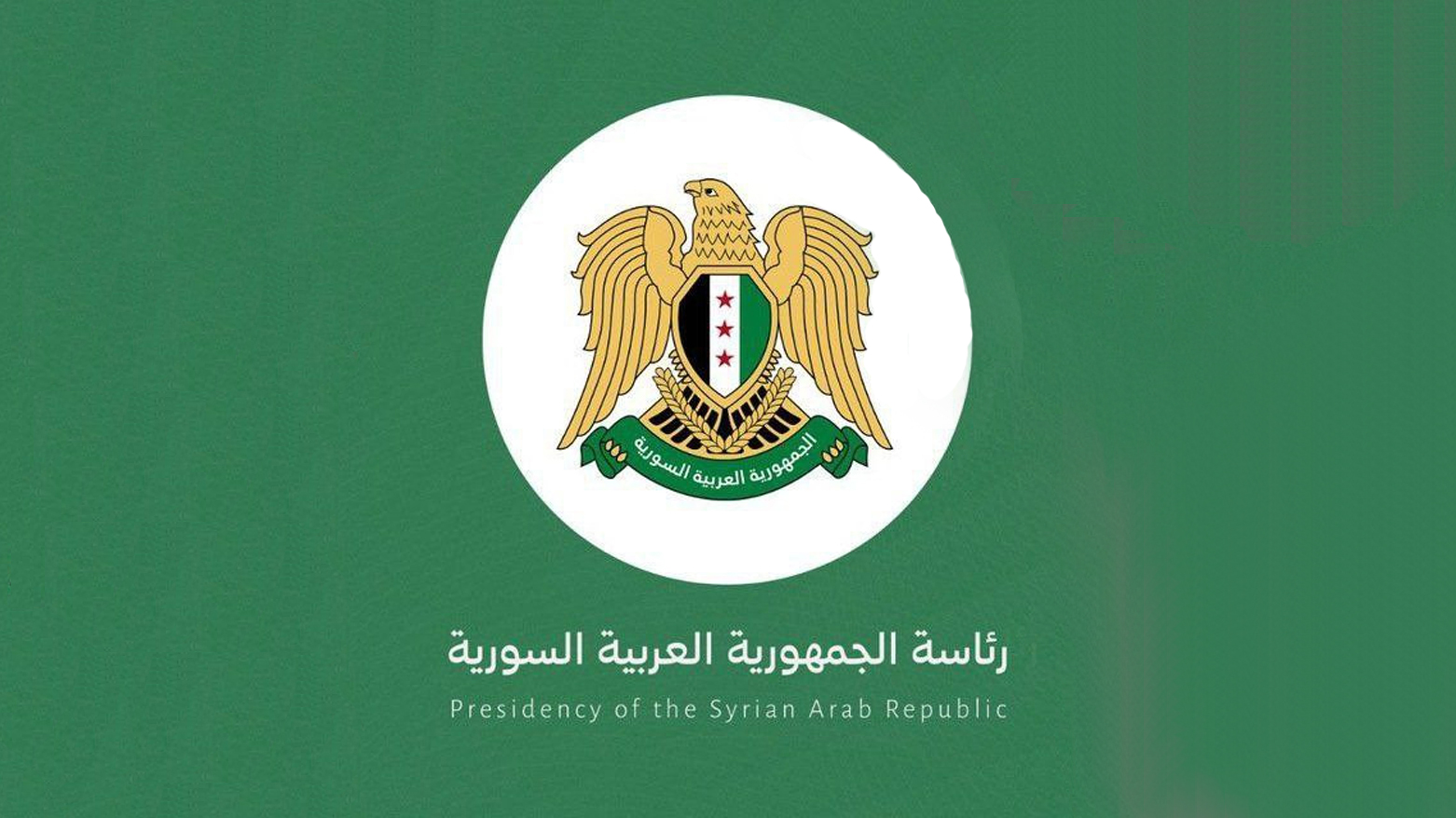Damascus Rejects Amnesty’s Narrative on Syrian Coastal Massacres
Damascus said that “some rights reports,” including a high-profile release by Amnesty International, had neglected the events’ critical context, particularly the sectarian assault it claims was initiated by remnants of the former regime.

By Ahora Qadi
ERBIL (Kurdistan 24) – The Syrian government has pushed back against recent human rights reports detailing massacres in the country’s coastal provinces, accusing international organizations of presenting a “distorted narrative” that fails to acknowledge the nature and origins of the violence.
In a statement published late Friday via the state-run SANA news agency, Damascus said that “some rights reports,” including a high-profile release by Amnesty International, had neglected the events’ critical context, particularly the sectarian assault it claims was initiated by remnants of the former regime.
“The regrettable events in the coastal region began with a premeditated attack carried out by elements loyal to the previous regime,” the government said in a report shared on Telegram. “These assailants targeted public security forces, the army, and local residents—sometimes with explicitly sectarian motives.”
Damascus Blames “Regime Remnants” for Spark of Violence
The government maintains that the March attacks were triggered by an “ambush” orchestrated by loyalists of Syria’s former ruling faction, sparking widespread violence that claimed hundreds of lives and temporarily undermined the state’s authority in the region.
“The attack resulted in the martyrdom of hundreds of security personnel, leading to a brief collapse of state control and ensuing acts of vengeance and violations,” the statement continued.
The government also criticized what it called the “methodological shortcomings” of recent reports, claiming that Amnesty International and others failed to account for the complexities on the ground, thereby distorting their conclusions.
Despite the strong rebuke, Damascus reaffirmed its willingness to cooperate with human rights organizations and pledged to allow access to all parts of the country. It also reiterated its “full responsibility” to protect citizens “regardless of their sub-identities.”
Rights Groups: Civilians Executed Based on Sectarian Identity
The government’s response follows a damning report by Amnesty International, which classified last month’s atrocities as “war crimes” and called for independent investigations, accountability, and reparations.
According to the London-based watchdog, the massacres between March 6 and 10 saw at least 1,169 civilians killed across Latakia, Tartous, and Hama, including women, children, and public security personnel.
The UN High Commissioner for Human Rights reported that armed groups questioned residents about their sectarian identity—Alawite or Sunni—before executing or sparing them accordingly. In many cases, men were executed in front of their families.
1,169 Dead as Coastal Conflict Escalates
The Syrian Center for Media and Freedom of Expression reported that the wave of violence left 732 people dead in Latakia, 276 in Tartous, and 161 in Hama. Among them were 103 women and 52 children.
The massacres coincided with a military operation launched by the newly reconstituted Syrian government, which claimed it was acting to suppress a “mutiny” led by elements loyal to the ousted Assad-era regime.
